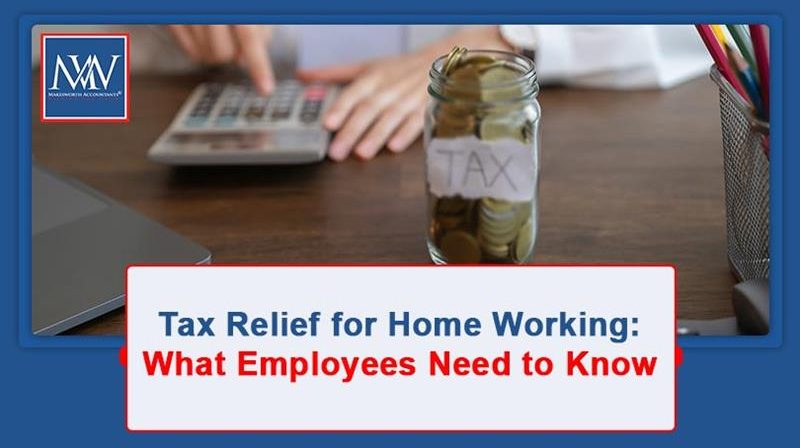
Tax Relief for Home Working: What Employees Need to Know
HMRC’s Warning on Misleading Refund Claims
Recently, HMRC issued a cautionary message via X (formerly Twitter), advising taxpayers not to be misled by ads promising quick refunds for working from home. The key message: make sure you’re eligible before making a claim.
So, what kind of relief can employees genuinely claim when they work from home, whether part-time or full-time?
Understanding the Eligibility Rules
To claim tax relief on employment-related expenses for working from home, strict criteria must be met. HMRC will allow a claim only if the expenses are:
- Wholly, exclusively, and necessarily incurred for the duties of the job.
For home working, this means:
- The employee performs substantive duties (core job responsibilities) from home.
- These duties require specific facilities not available at the employer’s workplace.
- The employee either does not have access to these facilities at work, or their job location makes daily commuting impractical.
- There is no choice involved—the employee is contractually required to work from home.
If these conditions are met, tax relief may be available.
When Personal Choice Disqualifies You
If an employee chooses to work from home (e.g., under a flexible working policy), and it’s not a contractual necessity, then they cannot claim tax relief for additional home expenses. Even if the employee is doing the same work they would at the office, voluntary home working doesn’t meet HMRC’s definition.
Conversely, if an employee is contractually obligated to work from home, then the door to relief opens, provided additional household costs are incurred due to this setup.
What Can Be Claimed?
If eligible, employees can choose between two claim methods:
- Flat Rate Claim
A fixed amount of £6 per week can be claimed for each week the employee works from home. This is a hassle-free option and doesn’t require receipts. - Actual Expenses
Employees may claim the actual additional costs incurred, such as higher utility bills or cleaning costs. However, claims must be backed up by documented proof (e.g., utility bills) and are only worthwhile if they exceed the £6/week threshold.
How to Make a Claim
There are several ways to submit a claim:
- Online, if your total employment expenses are £2,500 or less.
- Via Self Assessment, if you’re already filing a tax return.
- By post, using Form P87.
When submitting a claim, be sure to include:
- Proof that you are contractually required to work from home (e.g., your employment contract).
- Supporting documents (like bills) if claiming actual costs.
Final Thought: Be Accurate and Cautious
The rules for claiming tax relief on home working costs are specific and rigid. Always ensure that you meet HMRC’s requirements before submitting a claim to avoid errors or potential penalties.
Partner Note: ITEPA 2003, s. 336
Official HMRC Guide
For more information, Book a Free Consultation
Need Accountancy Support?
For information on bespoke training, or if you have any other questions for Makesworth Accountant, please fill in your details below
















 151
151